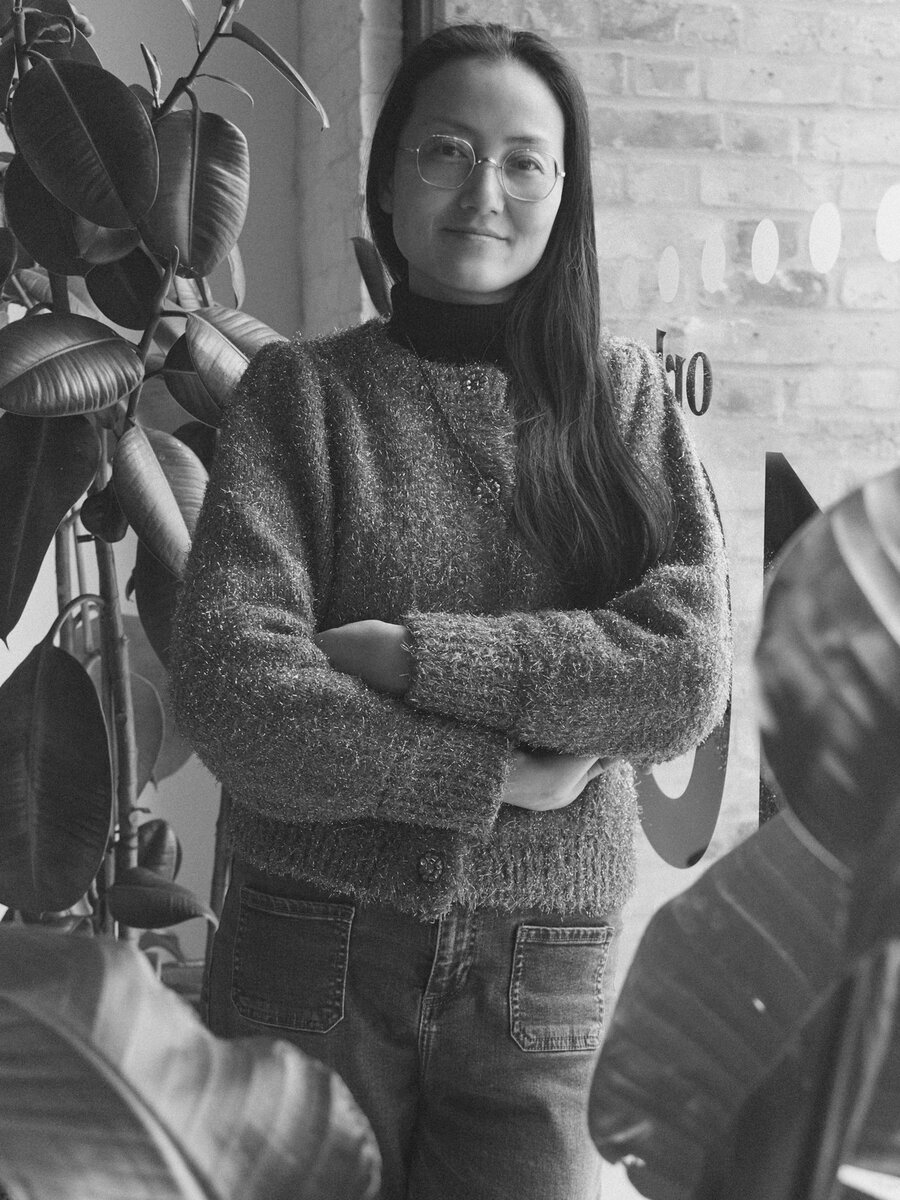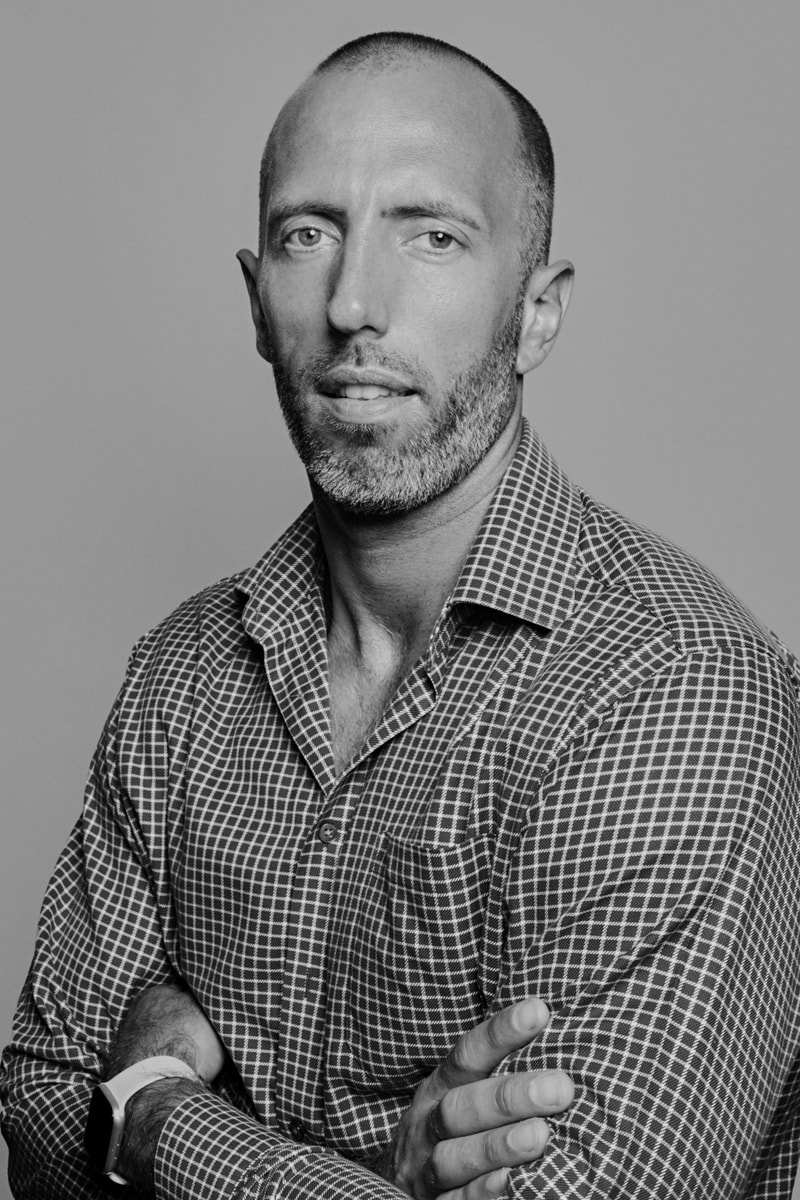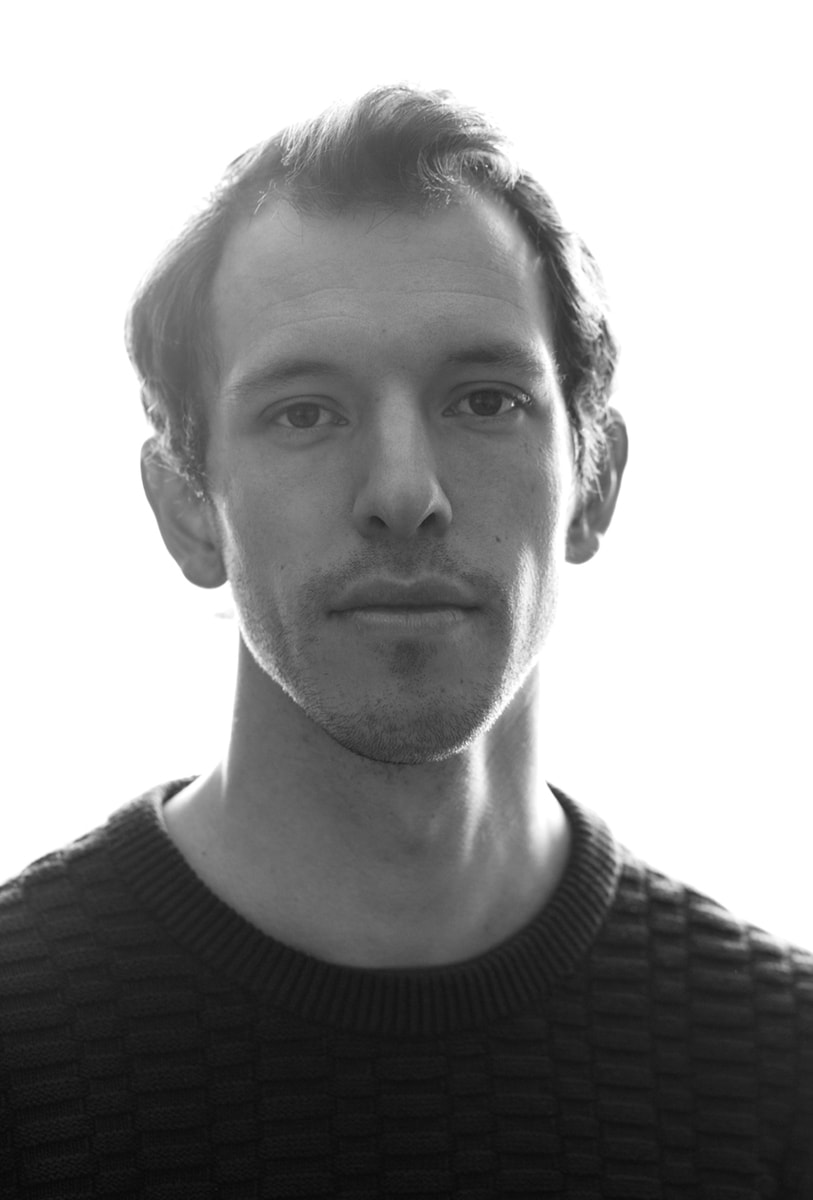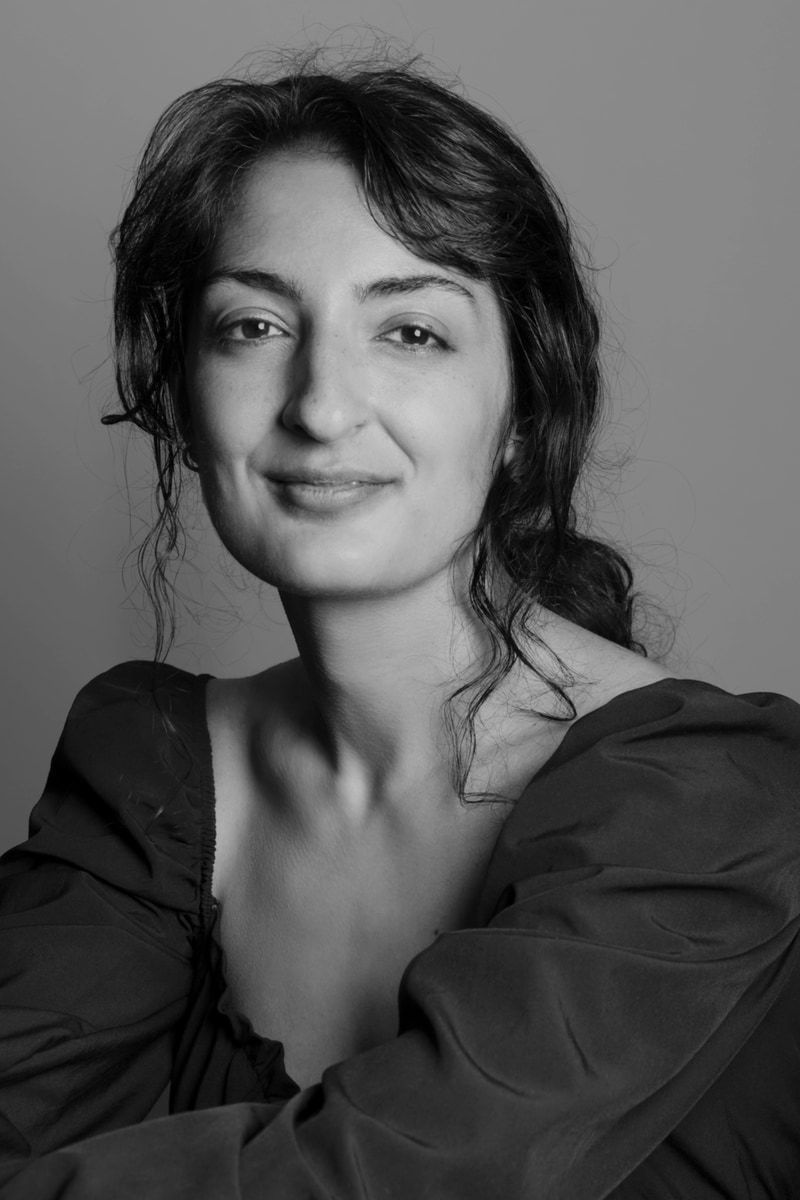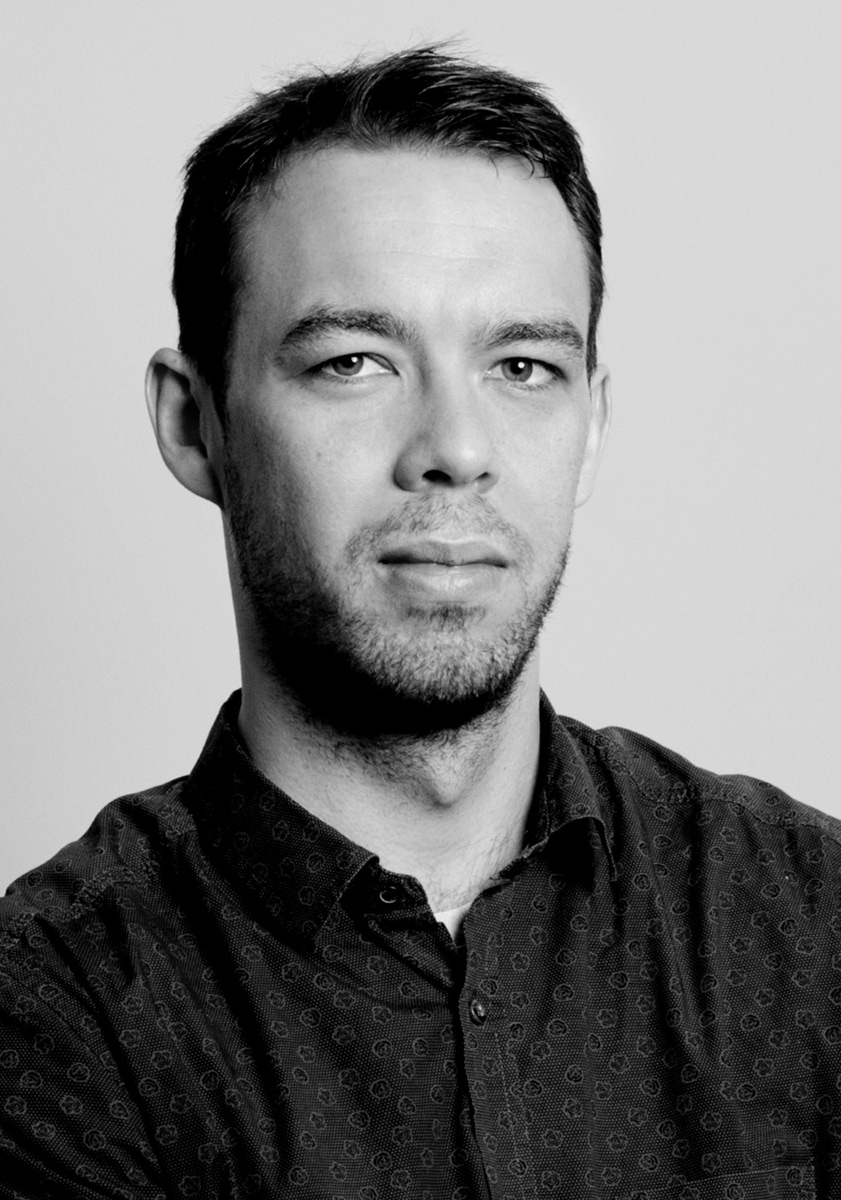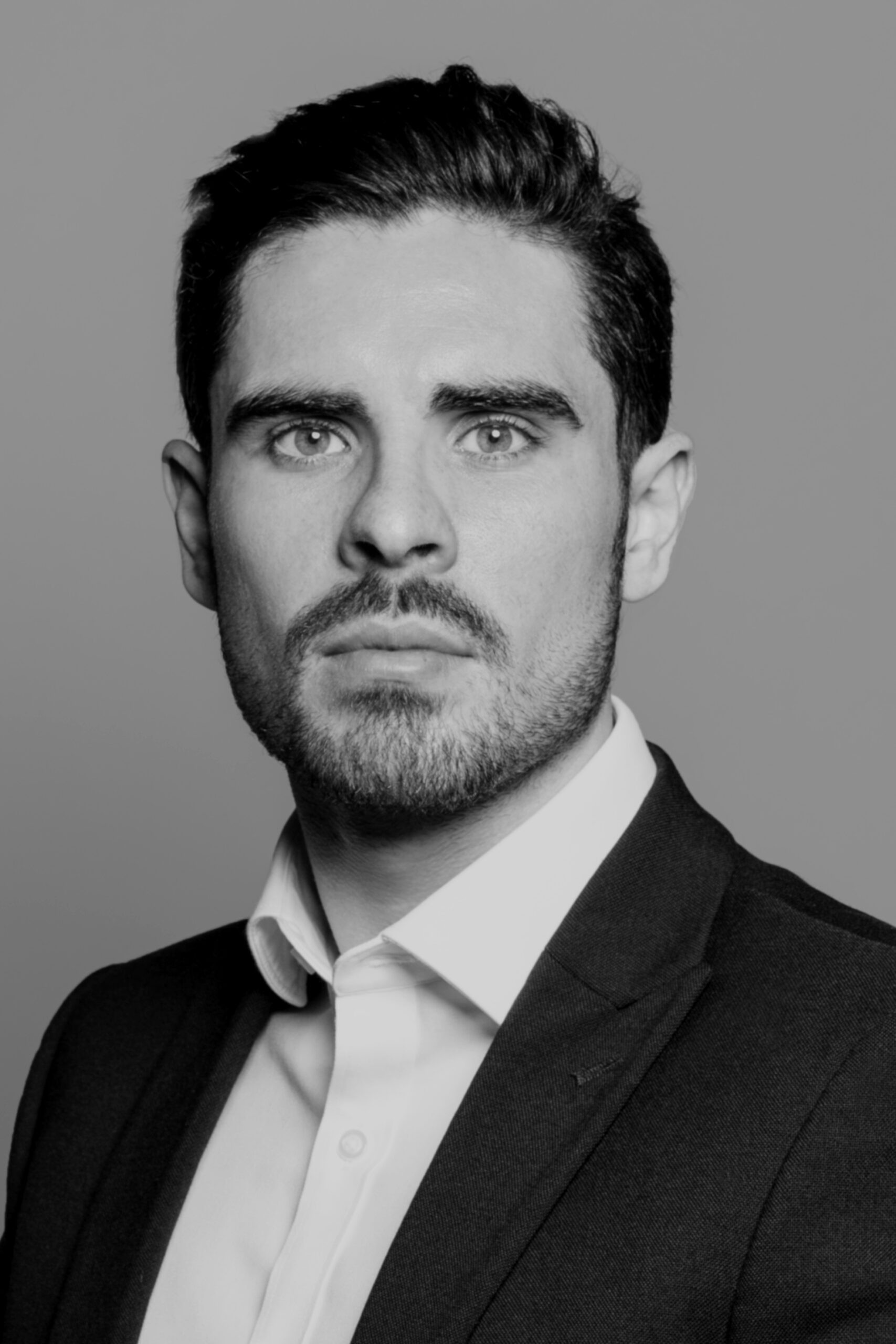“It was because of my dad; he was actually one of the first generations who left china to a go to a foreign country, I think it was in 1980… my dad is a very free spirited person, and at that time he didn’t feel comfortable being in China.” Going on to study in Japan and then work there, Li tells me “when you see China now it’s very modern, but at that time in 1980, it was an underdeveloped country. And so he left to have a more exciting life; in Japan everything was very advanced” Having found success there “because he’s quite a smart person—he’s a fast learner, and also he’s a hard worker” he then decided to travel. All through Asia, Europe, going on to live in Italy, and “for some reason he ended up in Switzerland.”
“
it’s like being a bird in a cage… a very nice golden cage; that’s the image I have of Switzerland
“
Li then moved to Geneva at 13 to live with her dad, learning French and going on to study environmental engineering. Getting a job in Geneva proved difficult, because the job market is very steady—a job over there is a job for life, meaning fewer opportunities for young people. She also realised that “because it’s not my own country, even if I ask for the swiss passport, because I look different… I’m not saying that people are not open in Switzerland, but if you have one job, and one Swiss person or me, they would rather choose a local person.” As well as this, despite being one of the most beautiful places in the world, Geneva felt too conservative and restrictive a place to live “there’s lots of rules that you have to follow, otherwise we look at you very strangely. For me it’s like being a bird in a cage… a very nice golden cage; that’s the image I have of Switzerland—golden because it’s wealthy, but it doesn’t make people happier because they are enclosed.” It’s a beautiful place, and very peaceful and quiet, which makes it perfect to go on holiday, or retire, but not ideal for young people, as Li tells me “I see lots of young people having mental health issues, and they are not happy because of the atmosphere; it’s too serious.”
“
you can see that people don’t care if you decide to have a banana on your head today, and you’re happy with that.” She continues “I like that craziness, because it’s so authentic
“
Sensing that she’d perform better in an international environment where people speak several languages, she changed direction and began moving towards her passion for the environment, studying in the UK. At 25, on a visit to London, she instantly felt at home “it was completely a new thing for me, because I could feel that people are really open-minded, and you can see that people don’t care if you decide to have a banana on your head today, and you’re happy with that.” She continues “I like that craziness, because it’s so authentic—it’s very healthy, because you express yourself, and that’s the thing that I didn’t find in Switzerland.” Soon after moving to Edinburgh, she became an ecotourism Masters student at Napier university, where she is currently completing her degree.

Founded on principles that serve to make tourism kinder to the environment, and more economically friendly, ecotourism is all about slowing down and taking time to get acquainted with the beauty of the natural world. It encourages traveling less yet seeing more; leaving a smaller carbon footprint and learning about the beauty and power, yet fragility of the natural world. Li explains ecotourism’s importance, “when you have a hard year; you’ve worked really hard, and you go to another country to get sun and have a rest, you don’t think “is what I’m doing good for the environment?”” Because going on holiday is so integral to how most of us reset and refuel, it’s unlikely that our first instinct is to think of the impact we’re having.
“
…they move every day through the countries; but they don’t really discover them, they just take pictures, so it’s very fast. People think that they have travelled, but actually it’s just taking pictures.
“
Google-image search ecotourism, and your screen will become a collage of ripe green Amazonian forests, waterfalls, trees and abundant nature— it’s a different animal altogether from the usual beach or city break. “Normal tourism, for example, mass tourism, is basically when you see people get off a big tourist bus, and just take some pictures and sightsee; they do it very quickly” she continues “especially you can see Japanese and Chinese tourists, you know, they travel around Europe, but just for one or two weeks maximum. They go everywhere; Spain, Portugal, England, France—just in two weeks, they move every day through the countries; but they don’t really discover them, they just take pictures, so it’s very fast. People think that they have travelled, but actually it’s just taking pictures.” The slower, more in-depth pace of ecotourism, however, serves as its environmentally conscious counterpart. “It’s more sustainable; you take time to discover a place, usually you just stay locally. It’s very much linked to the environment and nature; you talk about animals, you talk about plants, and you learn about the environmental issues of the place you’re staying… basically, just bringing people closer to nature.
“
ecotourism is all about slowing down and taking time to get acquainted with the beauty of the natural world. It encourages traveling less yet seeing more; leaving a smaller carbon footprint and learning about the beauty and power, yet fragility of the natural world.
“
Ditching our beloved city holiday in place of a grand, slower paced expedition for earth health can feel intimidating, but nevertheless, it’s not our only option—there are countless ways to incorporate ecotourism’s principles into how we travel. We can even consider exploring our own doorstep; “Have you heard of staycations? Instead of traveling far away for holidays, you can stay near where you live, and discover more about your home country. But if you really have to travel, you can choose alternative ways, other than by aeroplane.” If hiring a car, we can choose an electronic instead of using fuel, rent a bicycle, or walk. Li tells me “it’s all about reducing your carbon footprint; trying to eat local, and respect people. The concept of ecotourism is to be more responsible to the environment, and also to people.” She adds “Your question is all about choice; what people choose for their holidays.” When we’re abroad we can choose to consume locally, Li adds, “for instance, instead of buying Coca-Cola, or buying big brands, we can support local people.
I ask Li what her plans for the future are, and she tells me “if I have a good [financial] situation, I would start to do art again, just for my hobby, because I feel that it’s quite therapeutic and I feel like I need it sometimes when I’m studying too much, or when life’s too stressful. The other thing is… something related to my course; I would imagine myself working in a national park.” She laughs when telling me that there are over 4000 national parks in the world, and so when it comes to finding a job, unlike in Geneva, she won’t be short of opportunities.



